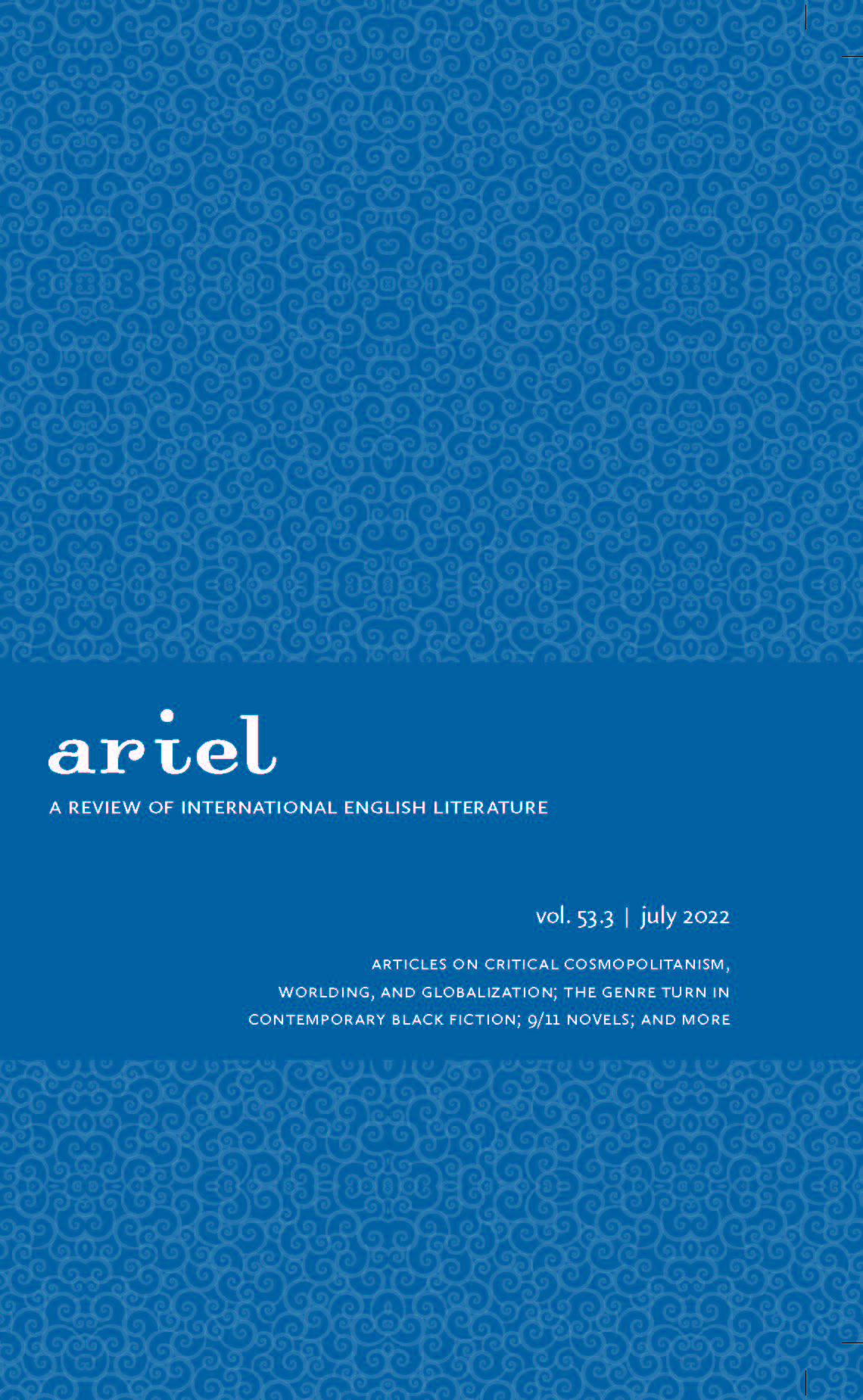Secret Histories: Detective Fiction, Hermeneutic Skepticism, and Bad Readers in the Contemporary African Novel
Keywords:
global novel, detective fiction, crime fiction, contemporary African literature, hermeneutic skepticism, globalizationAbstract
Focusing on Chris Abani’s The Secret History of Las Vegas (2014), this essay argues that analysis of works that enlist the conventions of popular or genre fiction is crucial for understanding the complex ways in which contemporary African novels engage with and respond to the material realities of globalization. Secret History, for instance, both invokes and refuses the epistemic certainties typically promised by the detective plot. In place of solving a mystery and subsequent return to order, it proffers a principle of hermeneutic skepticism that is attuned to multiplicity, simultaneity, and discontinuity. This principle is echoed in another, better-known work: Teju Cole’s Open City (2011), whose protagonist bears significant resemblance of the central character of Secret History. Together, these novels present history as an accumulation of traces, remainders, and ghostly presences, subject to new kinds of recoding and distortion in the present. Their theorization of history and epistemology controverts narratives of globalization as a unifying force or homogenizing process in which differences are smoothed out to facilitate the flows of goods and capital. These contemporary African novels, therefore, become global by turning critical attention to the power dynamics that characterize the present.


